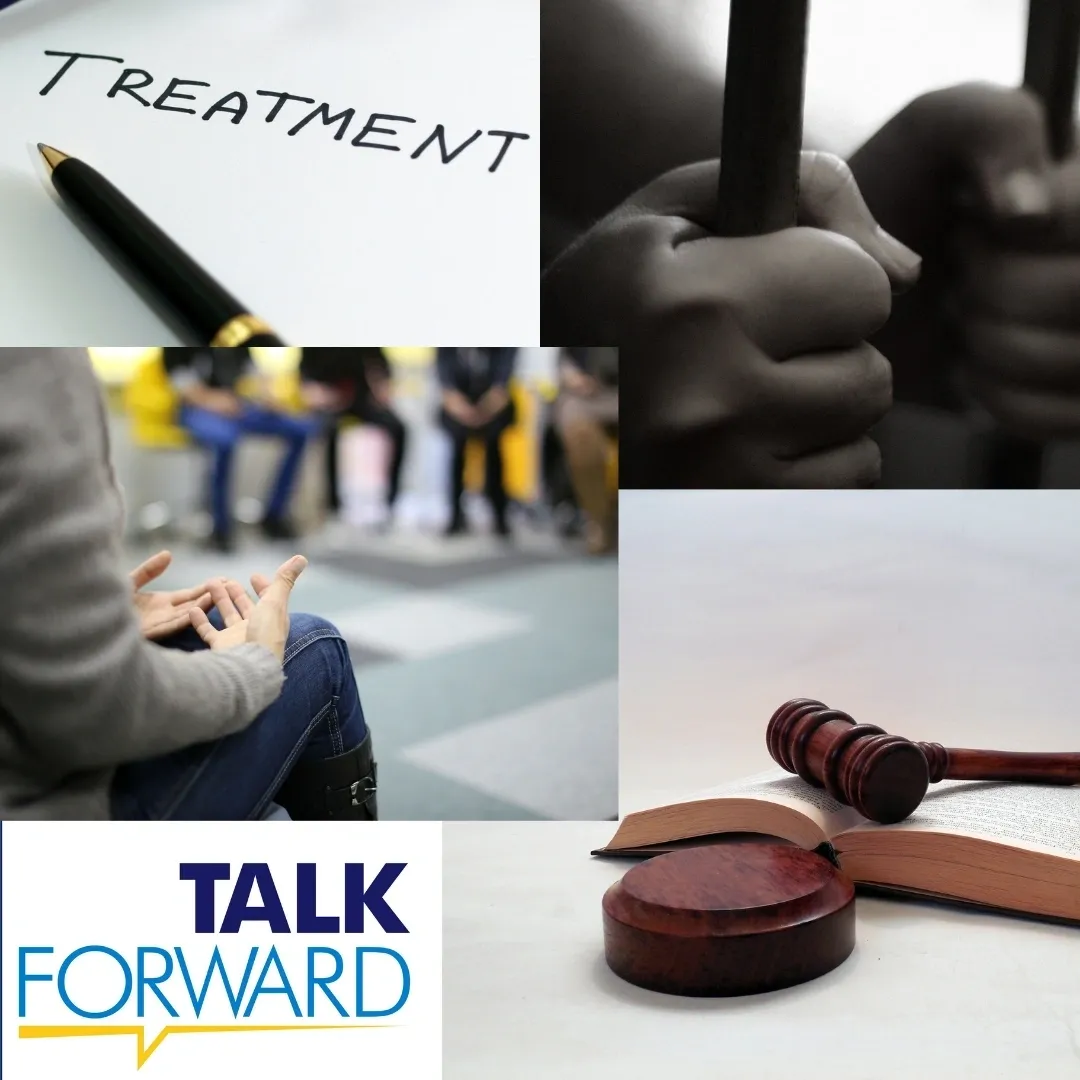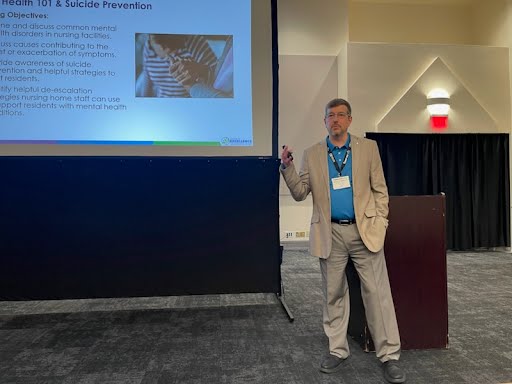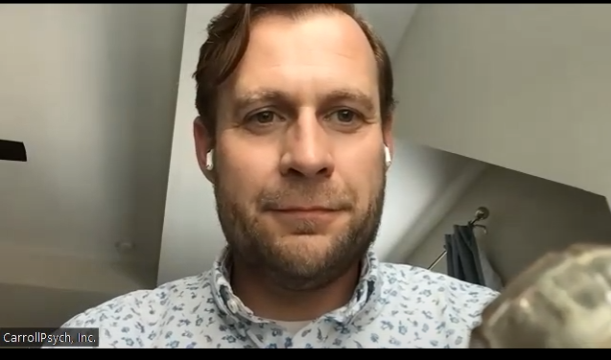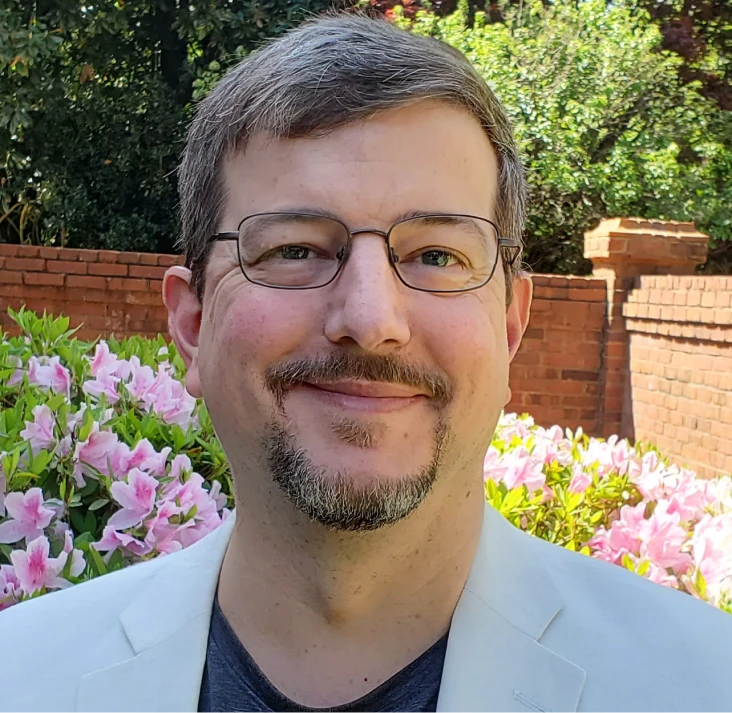The largest inpatient mental health facility in the nation is the Los Angeles County Jail. Think about that. It is not a hospital where treatment is the goal, but a facility to hold people for trial. A Severe and Persistent Mental Illness (SPMI), such as Schizophrenia, can result in behaviors that are likely to get people arrested, enough to flood the jails. As a therapist, I don’t believe this is the best option.
We are all aware of the war on drugs in this nation. Not only are many drugs illegal to possess, but people will engage in theft, assault, and worse to obtain them. Of course, the biggest drug-causing problems is the legal one, alcohol, which can lead to many illegal things, such as drunk driving.
Treatment Courts are special courts set up by the state, either in felony or misdemeanor courts, to address people with mental health and substance abuse issues. (There are also Veteran Courts with similar functions). Their goal is to get people out of the jails and prisons and back into the population as productive citizens. Admission to the court is through a referral process, usually by the person’s attorney. Space is limited, so not everyone gets in. Screening is usually done around illness. Someone who does not appear to have an actual addiction or SPMI or is accused of significant violence would not be accepted. Those approved enter a guilty plea and are sentenced to the court. It is voluntary. At any time, anyone can withdraw from the court and then receive what would be a normal sentence.
The court team is composed of care providers and court personnel. The head of the team, naturally, is the judge. Rounding out the court side is a probation officer, an assigned deputy, a public defender, and one to three other court personnel. The treatment side is usually lead by a case manager supervisor and representatives of the treatment organization. In our case, we had residential and day program reps there. The team would meet once a week to discuss clients and court would be held for any who were due in front of the judge. Both sides must work together closely. Without collaboration, it will not work. One judge I know called the court the “head” and the providers the “heart”.
The treatment is tailored to the individual’s needs. Usually, there is some level of group and individual therapy. Often, clients are also on some sort of medications. You would be amazed at the number of substance use disorders that are in part self-medication for other issues. Clients are mandated to follow the recommendations of the treatment team, but as in any good treatment program, the clients have some say. And again, this is all voluntary. At any time, the individual can withdraw from the program. For a felony court, that would mean more jail or prison time. Drug tests are conducted by the court at the courthouse and during visits in the field by court staff. Diluted screens are considered a positive, as are refusals to produce a sample.
When I took over as CEO of my community organization, I started attending the Mental Health Court meetings. There was some friction between my staff and the Court staff. I was there to help settle things down. Personal friction is something we have all experienced at work. I am pleased to say in a couple of months things were fine. I knew we had turned the corner when the probation officer was willing to let a client’s outburst slide, and my staffers were adamant that there was a consequence. “Head” and “Heart” reversed, and everyone was on the same team.
We really need more of those teams.
Bryan is a Licensed Professional Counselor (LPC) and National Certified Counselor (NCC). He has been licensed since June 2000. He is also involved in training new therapists as a Certified Professional Counselor Supervisor (CPCS) since 2011. He earned his Bachelor of Science in 1992 from Florida Tech, and his Master of Arts in Psychology from the Georgia School of Professional Psychology in 1996. Bryan started as a case manager before becoming a therapist, working in community behavioral health, where he practiced as part of a multidisciplinary team consisting of other therapists, case managers, nurses, and doctors. It was in this environment where he learned to treat the large variety of issues brought to the clinic by a diverse population. Bryan currently has a private practice in Marietta Georgia, seeing adults.






